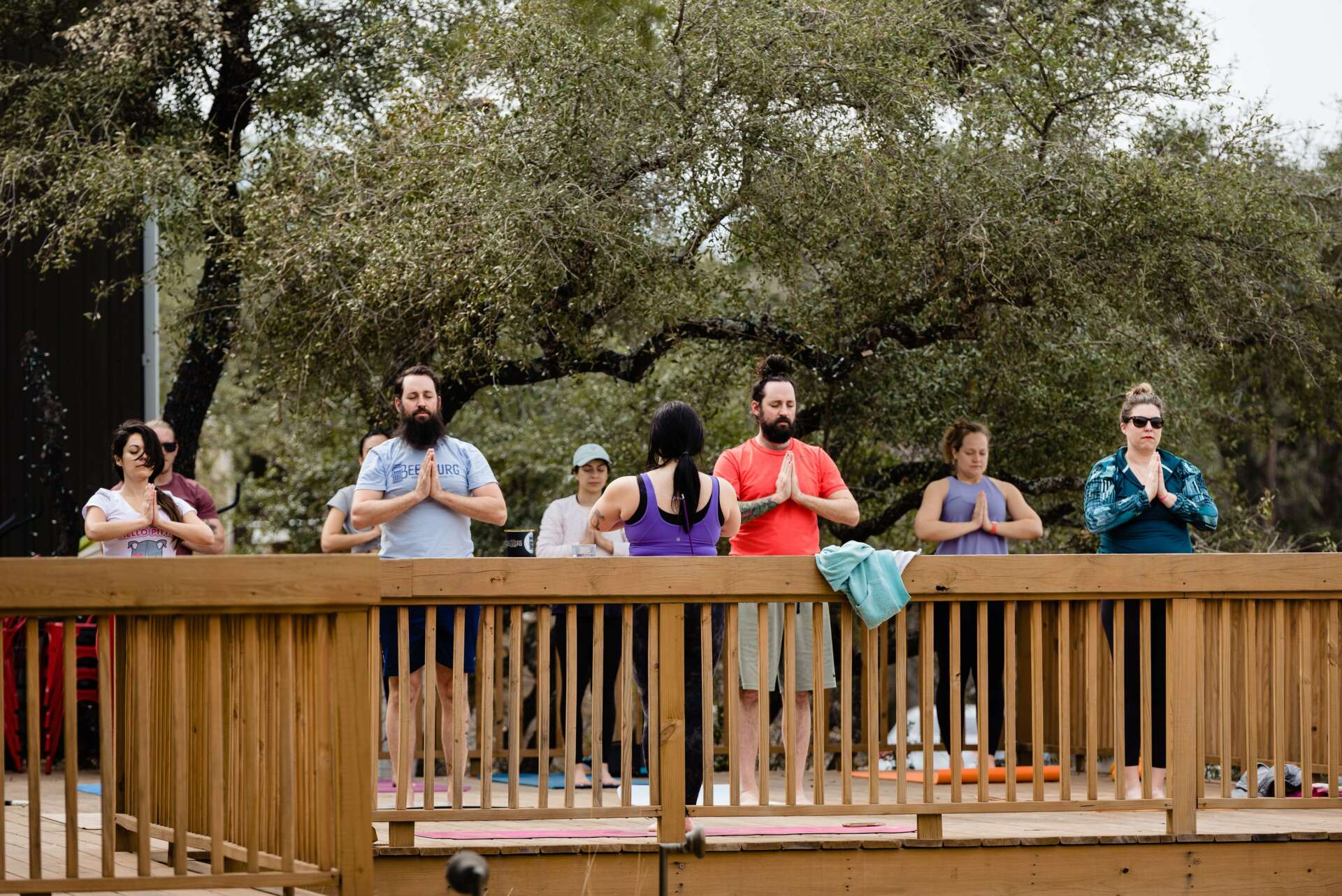Alright – so today we’ve got the honor of introducing you to Lizzy Crowne. We think you’ll enjoy our conversation, we’ve shared it below.
Lizzy, appreciate you joining us today. Was there an experience or lesson you learned at a previous job that’s benefited your career afterwards?
The most important lesson I’ve learned from previous jobs (and continue to re-learn this lesson over and over) is that you do your best work when you do your best rest.
This is something I first discovered in my previous career as an account manager at a software sales startup. The culture very much celebrated working when you’re not at work, and always being available for client needs. While there are merits to working hard, OVER-working yourself will inevitably lead to burnout. I experienced burnout when my mind told me to keep working, keep pushing, until my body said, nope! However, we live in a society that often values urgency and perfectionism, so it can be extremely difficult to step back.
I often have to check-in with myself if I noticed my “orange flags” that I’m approaching burnout (think: the signs that it’s coming, before it’s too late to make changes). Then, I think about flipping the script away from: “Have I worked hard enough to rest?” to “Have a rested well enough to do my BEST work?”

As always, we appreciate you sharing your insights and we’ve got a few more questions for you, but before we get to all of that can you take a minute to introduce yourself and give our readers some of your back background and context?
I am a trauma therapist (LPC-A under the supervision of Julie Jones, LPC-S), and a 200-hour registered yoga teacher. My passion in life is to be a guide and a resource to walk with others as they tap into the wisdom of themselves to break cycles and heal generational patterns. I work with adults, and have a particular interest in working with the queer community, people who are neurodivergent, and survivors of childhood abuse.
I’m a big nerd for somatic healing (aka, involving our physical body in the therapy experience), which definitely informs the way that I teach yoga. I lead two weekly classes at a local studio in Austin, and tend to focus on mindfulness and the mind/body/soul connection in my sequences. I also strive to make my classes approachable to all bodies. While teaching yoga and being a therapist are two very different roles, the overlap is incredibly helpful.

Training and knowledge matter of course, but beyond that what do you think matters most in terms of succeeding in your field?
As a therapist, I’d say that the most helpful thing you can do to be successful is to be authentically yourself. Our society gives us messages that we should blend in or make ourselves smaller, and it’s tempting to veer in that direction. Specifically working in mental health, it can feel like there’s a lot of expectation around how you show up. To a certain extent, yes! We have an ethical obligation to maintain boundaries, which is extremely important. However, this does not mean that we need to hide who we really are.
You will do your best, most meaningful work when working with clients who are a good, mutual fit. For me, this means not hiding my tattoos or sacrificing comfort to put forth a one-dimensional version of professionalism. It also means being open about certain values that impact my therapeutic orientation, like being LGBTQIA+ affirming and working from an anti-oppressive lens.
In this field, I believe that the more that you are authentically you, the more your clients will relate to your specific style and talents… and the more successful you’ll likely feel in turn!

We often hear about learning lessons – but just as important is unlearning lessons. Have you ever had to unlearn a lesson?
A lesson I continue to unlearn in this field, is that you do not need to know everything to be a great therapist! No one has all the answers. What we can offer is a safe space to process through painful memories, consistency, unconditional positive regard, and modality-informed ways to help people meet their individual goals.
After graduate school. it feels like we need to be “experts” right away in order to be effective. This is absolutely not true, and can perpetuate a harmful imbalance of power. The field of therapy has evolved so much over the past couple of decades, so many of the things we learn are rooted in perfectionism. The field of mental health is tricky, because mental health looks different depending on factors like culture, sexual orientation, gender identity, race, religion, family history, and more. Therefore, as therapists we have a lot to learn outside of what we’re taught in trainings. It is ever-evolving, and the learning is actually never done.

Contact Info:
- Website: https://www.gracecounselingofaustin.com/lizzy-crowne
- Instagram: @roottocrowne


